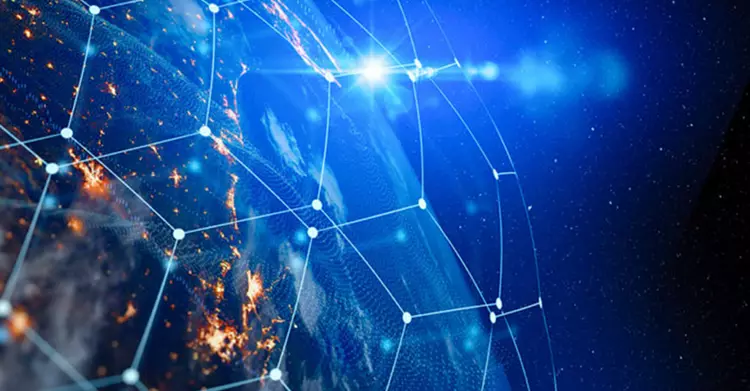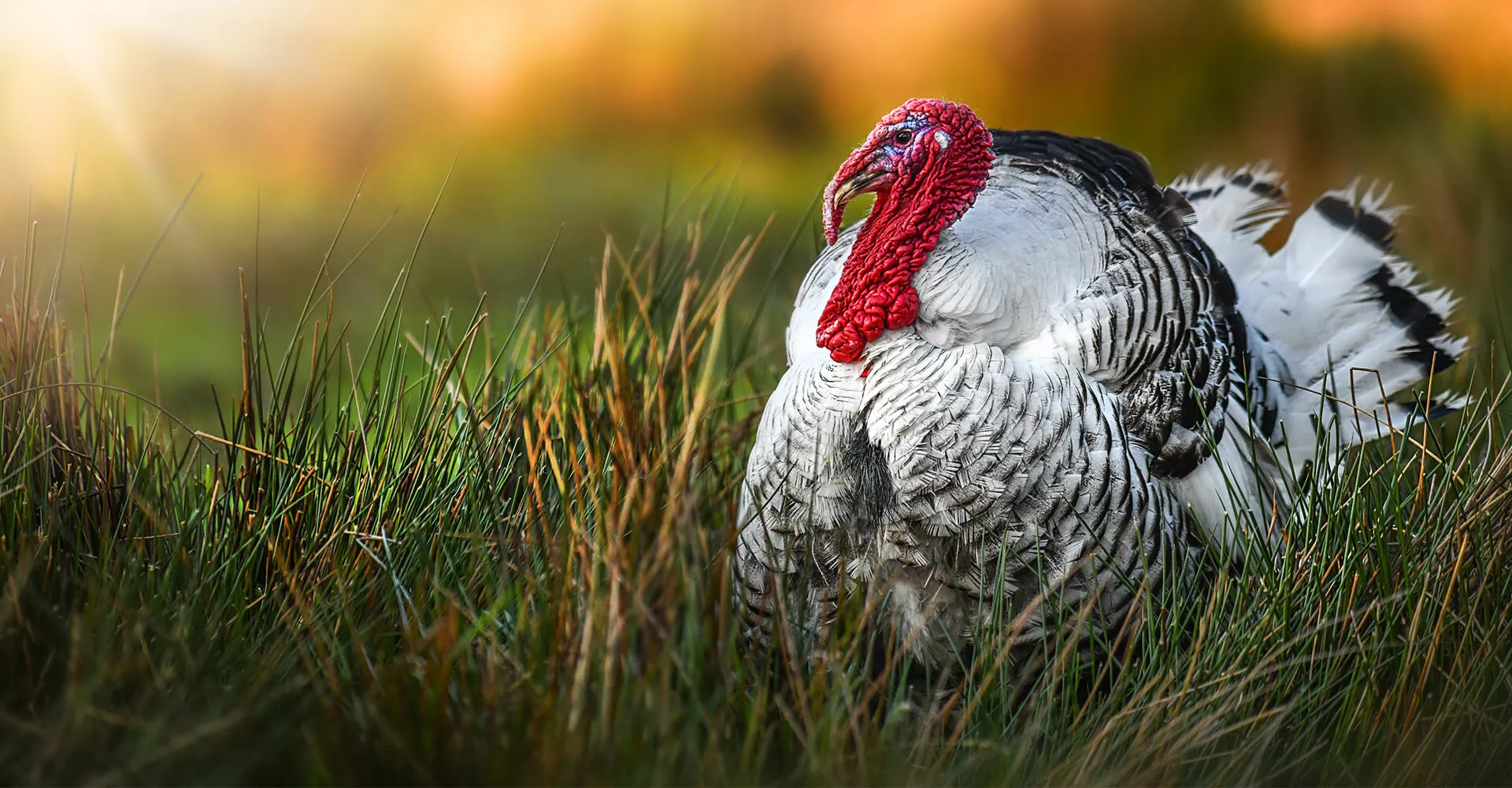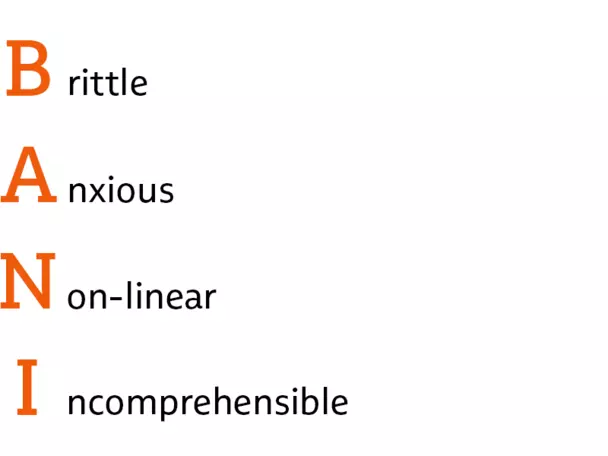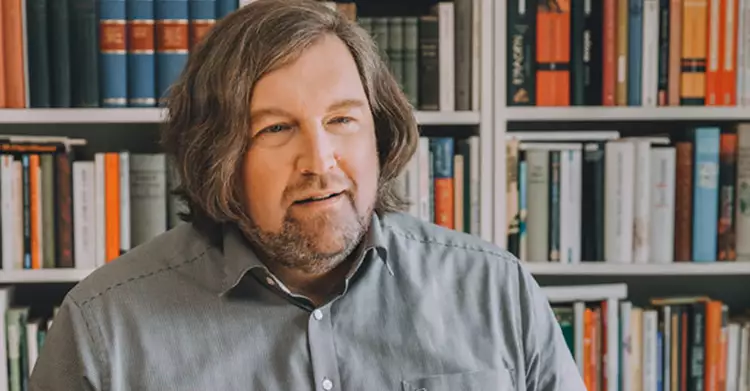In 2019, the illusions of the Germans would burst, those of the EU anyway, and there would be a very rude awakening in many other countries as well. Experts agreed on that in 2018. In principle, there was no denying that things were changing in our environment, of which we ourselves are a part.
But it was also quite clear beforehand that we have been in a crisis for a very long time. And even greater crises are just around the corner. That was the tenor of the most recent years. We have all taken note of this, in part with a little concern and in part with no concern at all. If it is not more of a crisis, then the crisis should be fine with us. On the meta level, one could even go so far as to put a Supertramp album title in the room: “Crisis? What crisis?” Despite all the anticipation of crisis, the future seemed to be safe.
The future has been here since 2020 at the latest. Completely different from what everyone expected. No one can seriously ask today “Crisis? What crisis?” For almost a year now, we have all been living, professionally and privately, in a kind of crisis mode, in a kind of perceived state of emergency, having managed the first lockdown, being in the middle of the second. And because, despite the vaccine, we don’t know when it will all end again, we live in the present and the future at the same time. At present, we always have to be prepared for all options at the same time; which the common turkey generally is not.








Comments
No comments